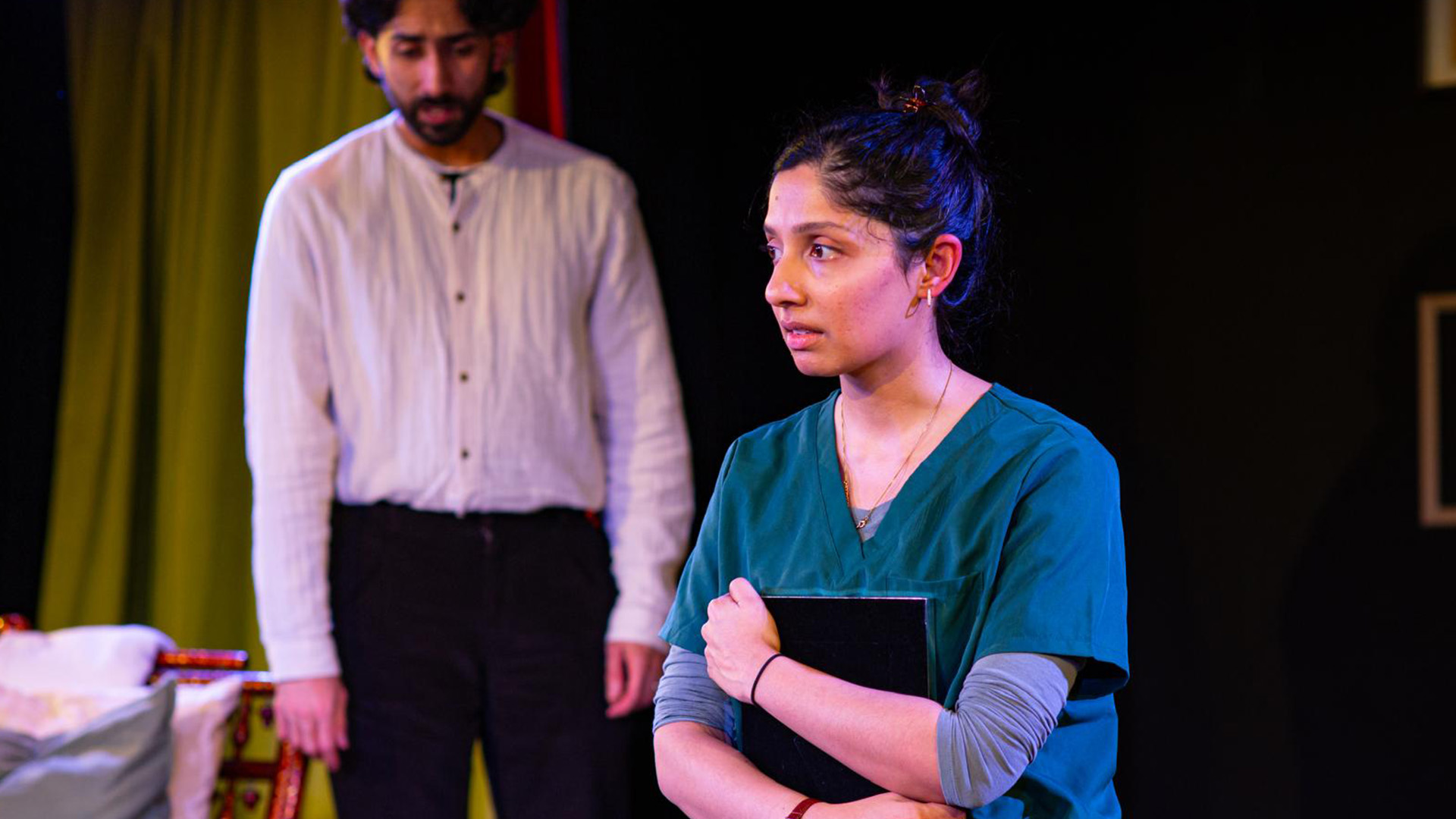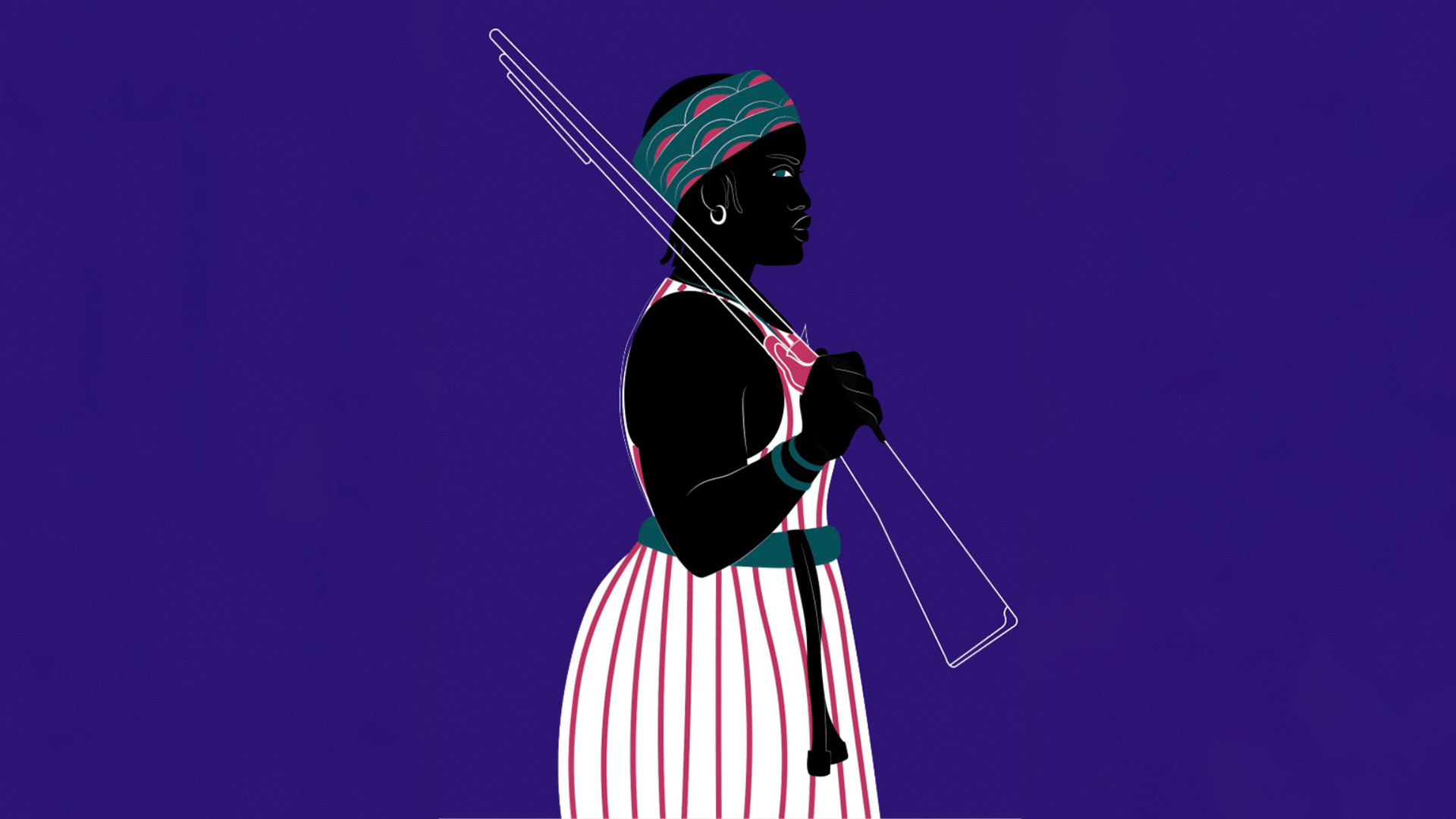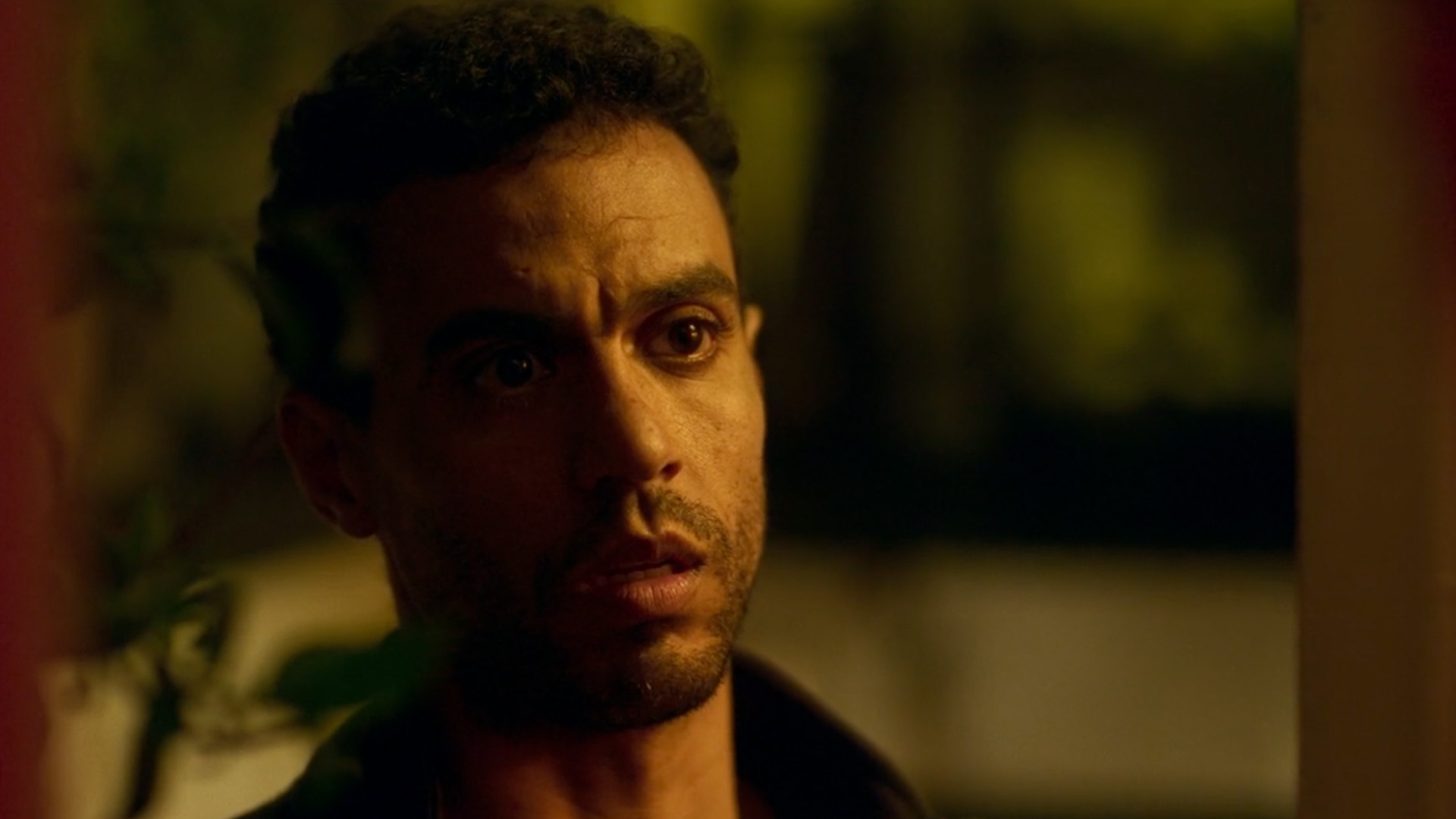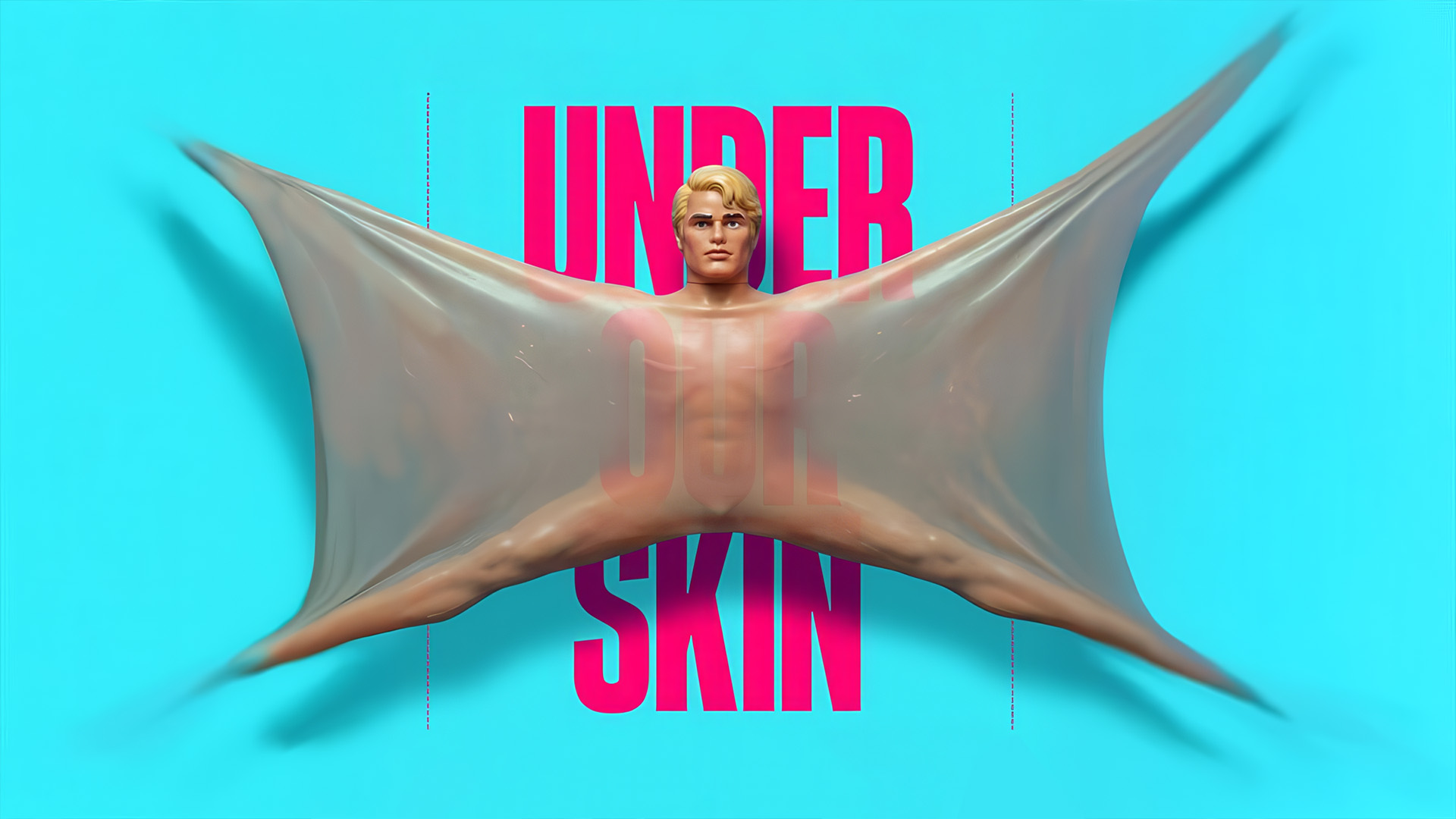How Tanita Tikaram Became a LIAR – World Premiere at BFI Southbank
A creative and personal conversation with Tanita Tikaram and filmmaker Natacha Horn about their film How Tanita Tikaram Became a LIAR, premiering at BFI Southbank as part of Doc’n Roll Film Festival 2025.
How Tanita Tikaram Became a LIAR – World Premiere at BFI Southbank

In conversation with Tanita Tikaram and director Natacha Horn
Filmmaker Natacha Horn describes her work as an anti documentary, a form that resists rules and embraces feeling. Born in Brussels to an Indian mother and a Danish Belgian father, Horn grew up between languages and cultures, an experience that shaped her visual curiosity and her sense of identity.
She began her career in journalism before moving into animation and creative direction, working with clients such as Nokia, Lanvin, Galliano and the United Nations. In 2017 she directed her first short film Swing, which travelled to 29 international festivals and won 13 awards. Alongside her film work, she continues to create paintings, installations and performance pieces, blending art and social awareness with a focus on memory, reparation and rebirth. She completed her MFA with distinction at London Met University in 2024.
Her new film How Tanita Tikaram Became a LIAR marks a shift toward personal storytelling. It explores the creative and emotional journey of British singer songwriter Tanita Tikaram, blending music, intimacy and reflection into something both cinematic and deeply human. Shot across studios and quiet spaces, the film moves between performance and conversation, showing what it means to stay honest in a world that keeps asking artists to take a side.
Tikaram, known worldwide since her teenage success with Twist in My Sobriety, returns here with a renewed sense of purpose. The film accompanies her latest album LIAR (Love Isn’t A Right), a record that explores love, politics and identity with raw clarity.
How Tanita Tikaram Became a LIAR celebrates its World Premiere at BFI Southbank as part of this year’s Doc’n Roll Film Festival, the UK’s leading showcase for independent music cinema. Described by Time Out as “the Glastonbury of music movie fests,” it’s a celebration of creative resistance, bringing together stories from punk to folk, house to queer pop, all linked by courage and individuality.
Tanita Tikaram
What question lies at the heart of the film?
The story or question at the centre of How Tanita Tikaram Became a LIAR is really about how an artist should respond during troubling political times. Is it our duty to be aware, or to express something political through our art? I think with the album LIAR (Love Isn’t A Right) you’ll find the answer.
You call it an anti documentary. What makes it different?
It’s a playful phrase, but I think most music documentaries look backward. This one feels very present. And it has a lot of music in it, which isn’t always the case.
What was it like to work with Natacha as director?
It’s funny, I don’t really think about it when we’re working. I see her as a fellow artist I can completely trust.
What did you learn about yourself through this process?
That even though I’m very private, there’s still a way to build a compelling story. We were helped a lot by our editor Alex Fenn, who really connected to the idea of a society fragmenting and the fragility of shared values.
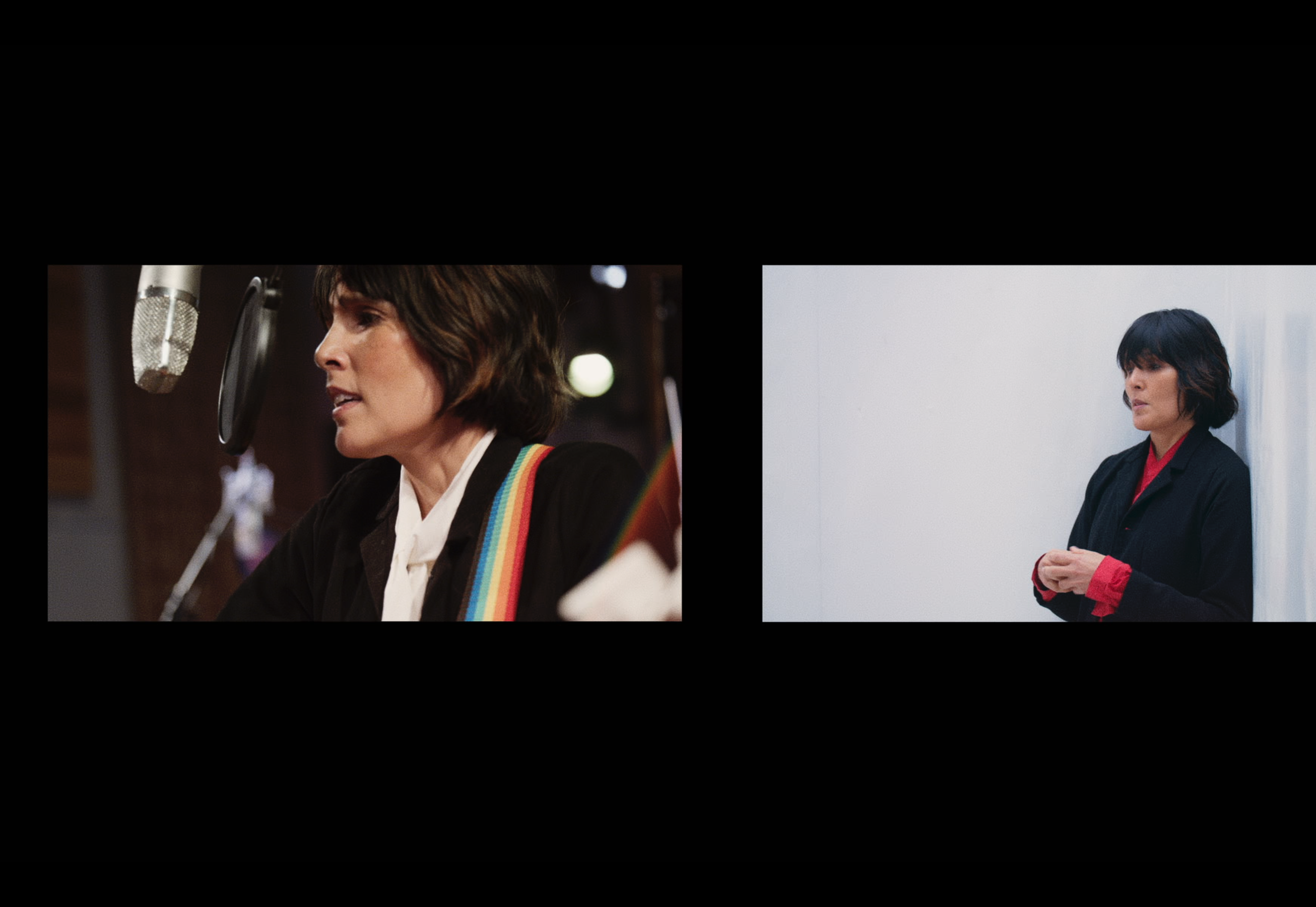
Your songs often reflect your mixed heritage and global view. How does that shape you today?
I’m totally shaped by it. My extended family is a mix of races and religions, so I don’t understand how national identity can ever matter more than our common humanity.
What keeps you inspired after all these years in music?
Collaboration. Learning from others, creating with them. I started out alone, so building a band and working together still feels new and exciting.
Your songs touch on political ideas but never feel didactic. How do you find that tone?
I just hope I’m not preachy. The political parts should be poetic. For example, the song Sweet Feather and the Storm was inspired by stories of homelessness in Silicon Valley, where people ride night buses because they have nowhere else to go. In the song, that becomes a story of two friends trying to survive in a world that no longer feels safe.
Was there a moment during recording that stood out?
Recording the songs live at Empire Studios was emotional in a good way. You could feel the energy in the room.
How does it feel to have the film premiere at Doc’n Roll?
It’s thrilling. The festival celebrates music and gives space to explore the reasons why and how we create.
And what are you dreaming of next?
I’m always dreaming.
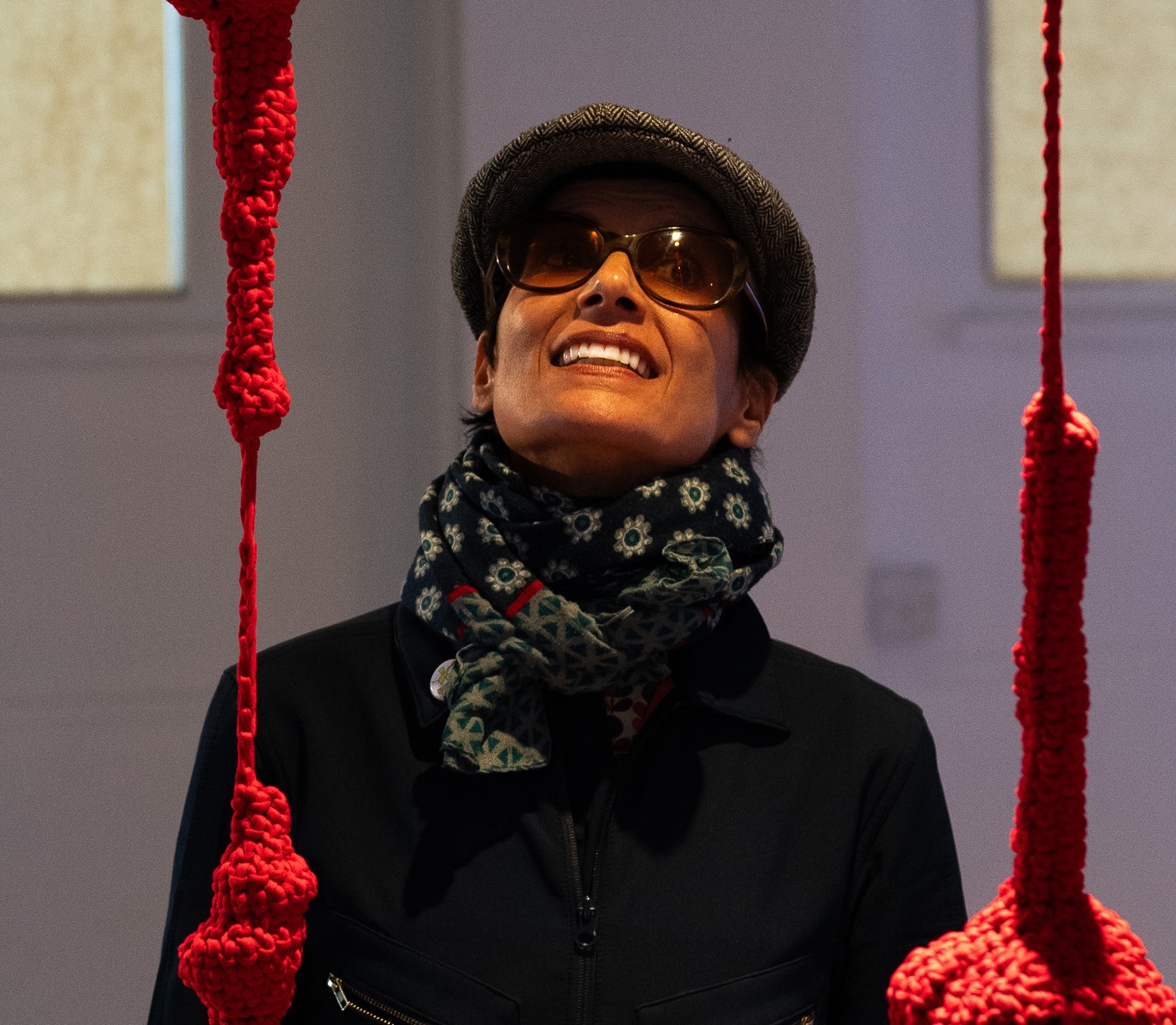
Natacha Horn
Why make an anti documentary?
I didn’t want a film that lists an artist’s highs and lows or uses talking heads to tell you why someone matters. Tanita’s search for her political voice through music felt like the real story.
Was it challenging to direct your partner?
After living together for thirteen years, I still don’t fully know her, that’s how private she is. It was easy in some ways, but sometimes our closeness meant she’d listen to me less than a professional stranger. At the same time, I know how to bring out her best.
Your background is in journalism and visual art. How did that shape the film?
I wanted the film to have rhythm. Journalism taught me to look for emotional truth, and my art practice guided the visuals. I wanted an edit that followed the pulse of the music but always returned to the story.
What emotion drove you the most while filming?
Passion for the music. People may not realise how strong Tanita’s bond is with her musicians. It’s a journey from solitude to true collaboration.
What themes from your previous work appear here?
Reparation and rebirth. I believe songs can heal, bring understanding and open recognition, and that is another form of reparation too.
How did you build the film’s visual rhythm?
I wanted a contrast between the stillness of the interviews and the movement of live performances, like watching over someone’s shoulder in the studio.
What do you hope audiences will take away?
I hope they feel the music and reflect on our shared values, the ones worth defending.
Why Doc’n Roll?
It’s the perfect festival for this film because it celebrates every kind of music. I can’t predict how people will react, but I’m excited to feel that connection in the room.
And what’s next for you?
I’m developing another anti documentary and continuing a long term art installation that began two years ago.
How Tanita Tikaram Became a LIAR celebrates its World Premiere at BFI Southbank as part of the Doc’n Roll Film Festival on 9 November, 6:00 PM.
Now in its twelfth year, Doc’n Roll continues to champion independent voices and films that explore music as both art and protest. Founded by Vanessa Lobon Garcia and Colm Forde, the festival has built a loyal community that celebrates creativity beyond the mainstream, giving space to stories that often go unheard.
Tickets and full programme: docnrollfestival.com

Get weekly updates
.png)
Join Our Newsletter
Get a weekly selection of curated articles from our editorial team.

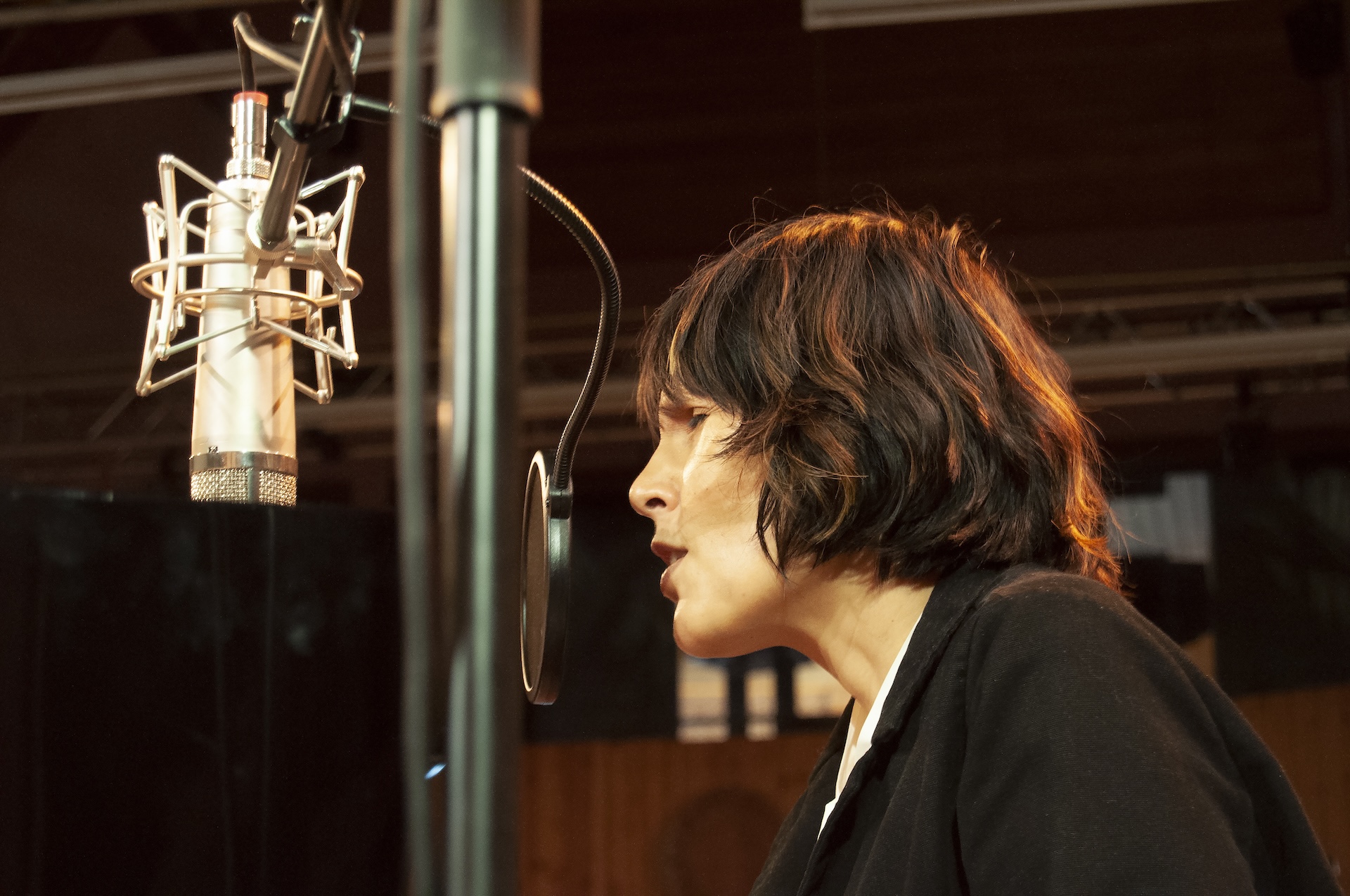


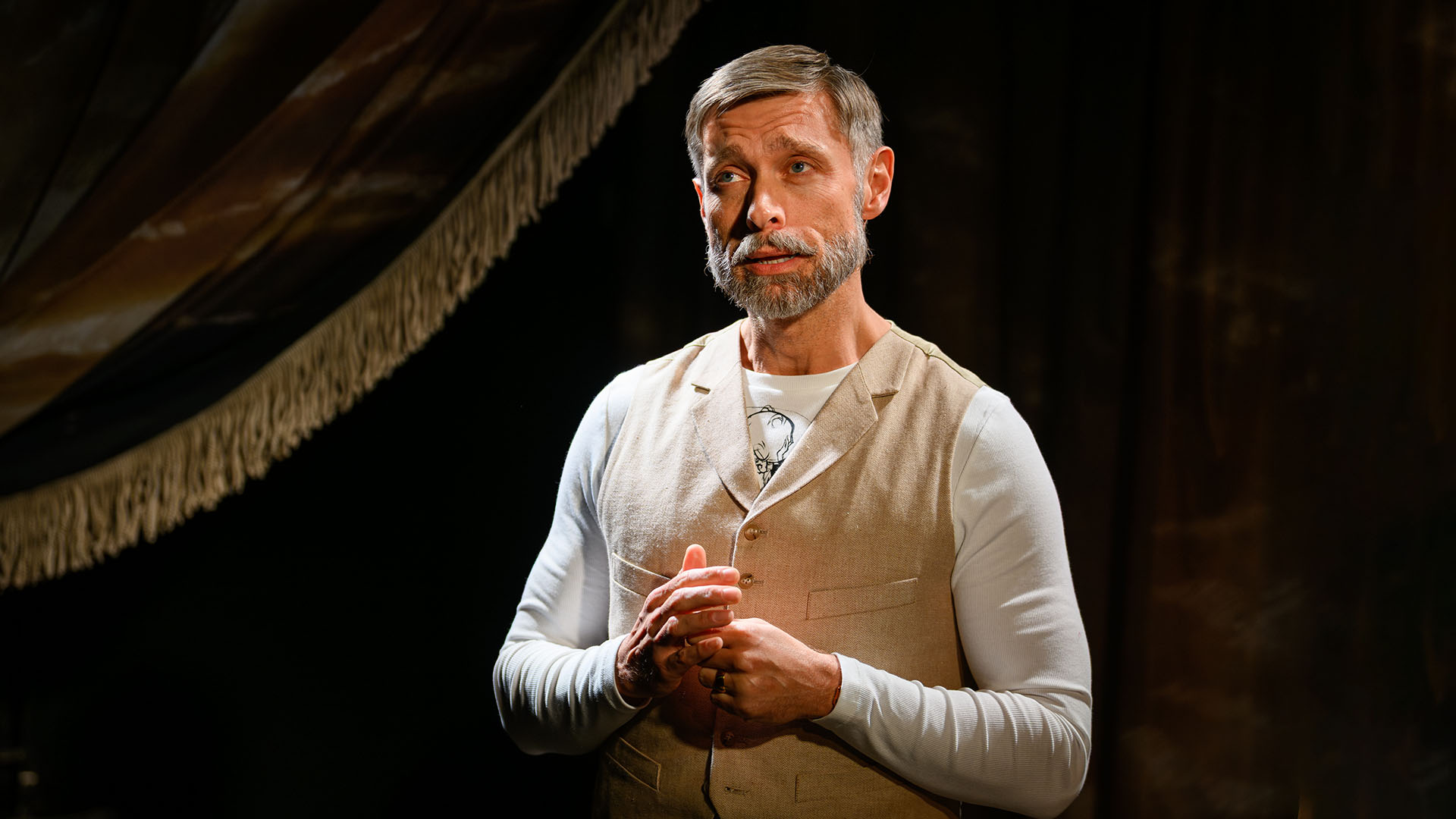
.svg)


